-
Have Trump’s anti-DEI orders hit private funders? HHMI halts inclusive science programme
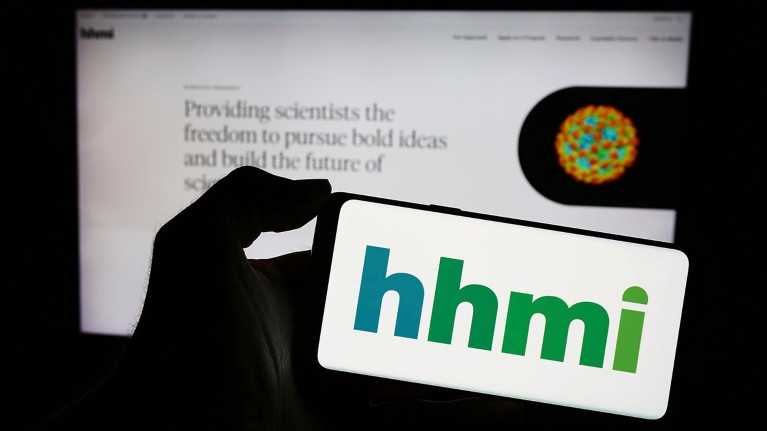
The Howard Hughes Medical Institute, based in Chevy Chase, Maryland, is the second-wealthiest medical-research foundation in the world.Credit: imageBROKER/Alamy The Howard Hughes Medical Institute (HHMI) — one of the world’s largest private funders of basic biomedical research — has abruptly cancelled a US$60-million initiative aimed at boosting diversity in science at universities. It has also…
-
Borrowing nature’s blueprint: How scientists replicated bone marrow
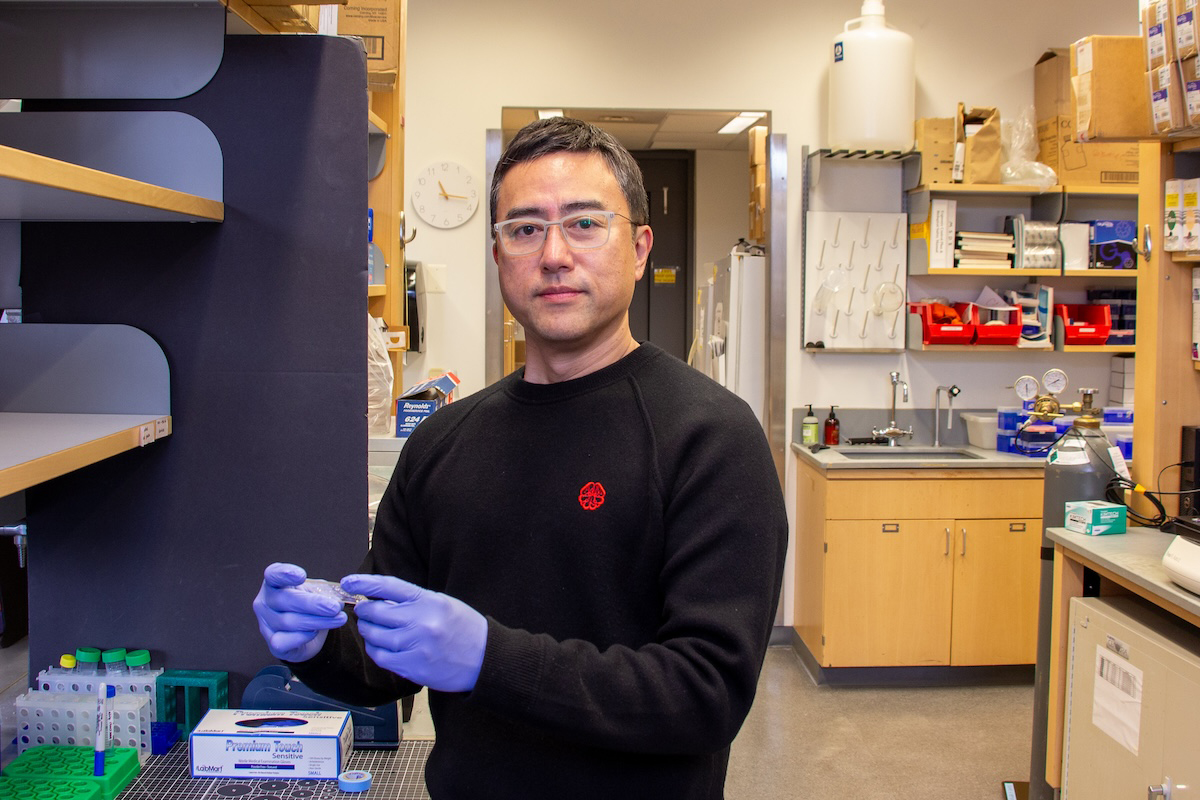
Hidden within our bones, marrow sustains life by producing billions of blood cells daily, from oxygen-carrying red cells to immune-boosting white cells. This vital function is often disrupted in cancer patients undergoing chemotherapy or radiation, which can damage the marrow and lead to dangerously low white cell counts, leaving patients vulnerable to infection. Dan Huh…
-
Hairprin: Is This Natural Hair Growth Solution Really Backed by Science?
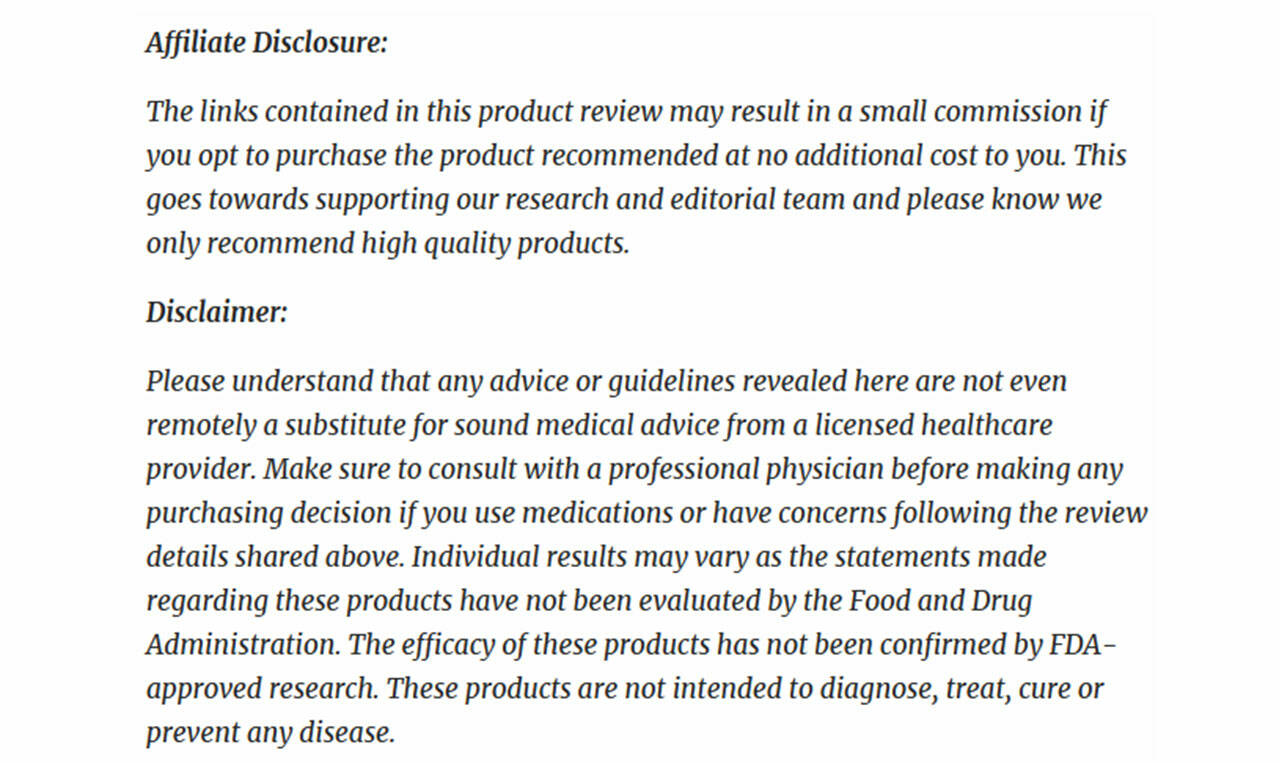
In today’s fast-paced world, maintaining healthy hair can be a significant challenge for many individuals. Factors like stress, environmental pollution, poor diet, and hormonal changes can adversely affect hair growth and overall hair health. This is where Hairprin comes into play, offering a comprehensive solution tailored for those seeking to revitalize their hair and promote…
-
How to sell your science without selling out
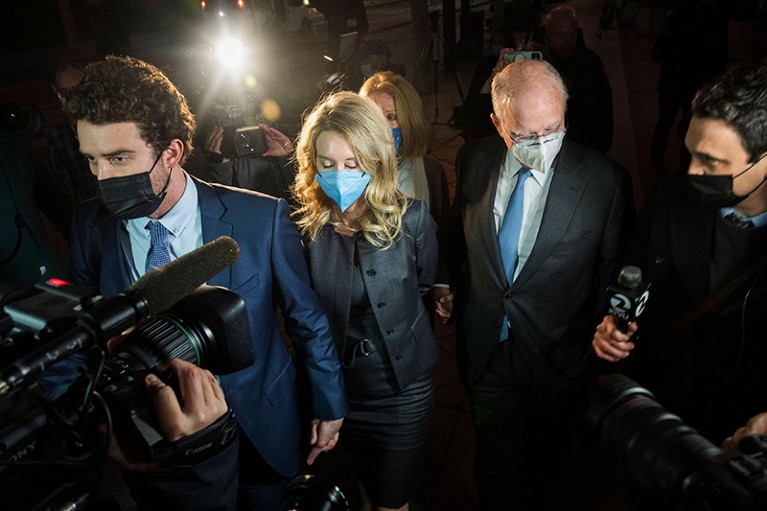
Elizabeth Holmes (second from left) was convicted of conspiracy and defrauding investors in her company, Theranos, after overhyping the science behind her work.Credit: Nic Coury/AP/Alamy Sharing scientific discoveries requires as much care as uncovering them, a fact I didn’t fully appreciate until I moved from academia to public relations. Missteps in communication — whether intentional…
-
OpenAI’s ‘deep research’ tool: is it useful for scientists?
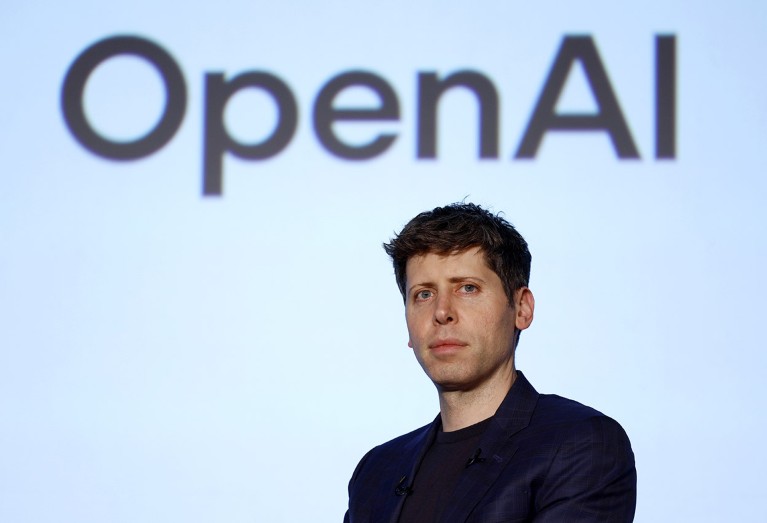
OpenAI’s chief executive Sam Altman announced the release of its ‘deep research’ tool.Credit: Franck Robichon/EPA-EFE/Shutterstock Tech giant OpenAI has unveiled a pay-for-access tool called ‘deep research’, which synthesizes information from dozens or hundreds of websites into a cited report several pages long. The tool follows a similar one from Google released in December and acts…
-
‘It is chaos’: US funding freezes are endangering global health
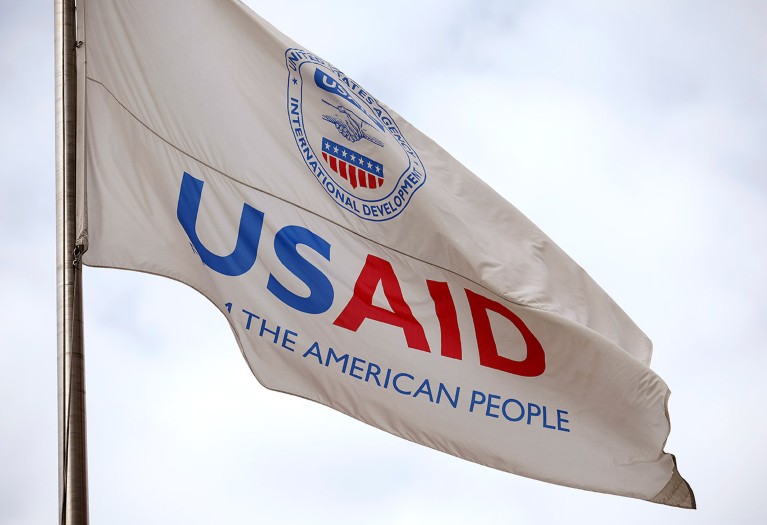
USAID programmes fund global efforts to tackle diseases such as HIV and malaria.Credit: Kevin Dietsch/Getty Franklin Wanyama’s world was thrown into turmoil last month, when US President Donald Trump abruptly announced a freeze on foreign aid. Wanyama, a 29-year-old in Nairobi who was born HIV-positive, is one of millions of people worldwide whose life-saving treatment…
-
These Gaza scientists are keeping research alive amid war, destruction and uncertainty
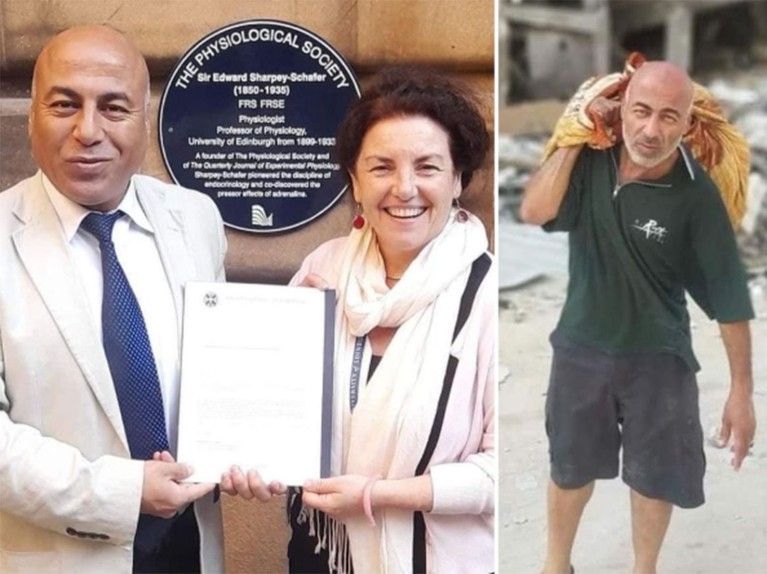
The 42-day ceasefire between Hamas and Israel, which took effect on 19 January, provides a vital opportunity to begin to address the devastation from the 15-month war, scientists there have told Nature. The ceasefire might yet prove temporary, and whether or not it holds, the long-term future for the territory and its citizens remains highly…
-
npj Heritage Science—the onward journey
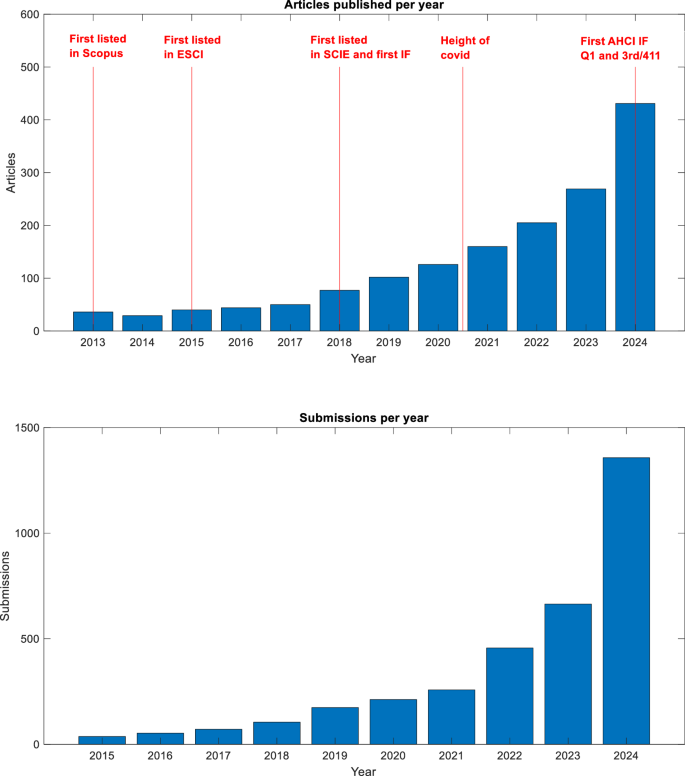
In 2012, Jan Kuras, publishing editor for Chemistry Central, visited me in Bristol. At the time he had helped establish Chemistry Central Journal which was the first broadly based OA (Open Access) journal in chemistry, now rebranded as BMC Chemistry, and I was one of the section editors. We had published two successful article collections…
-
Electro-optic cavities for in-situ measurement of cavity fields
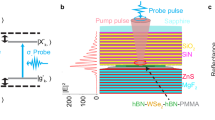
Abstract Cavity electrodynamics offers a unique avenue for tailoring ground-state material properties, excited-state engineering, and versatile control of quantum matter. Merging these concepts with high-field physics in the terahertz (THz) spectral range opens the door to explore low-energy, field-driven cavity electrodynamics, emerging from fundamental resonances or order parameters. Despite this demand, leveraging the full potential…
-
Connecting communities to nature: Miguel Ordeñana on science and discovery
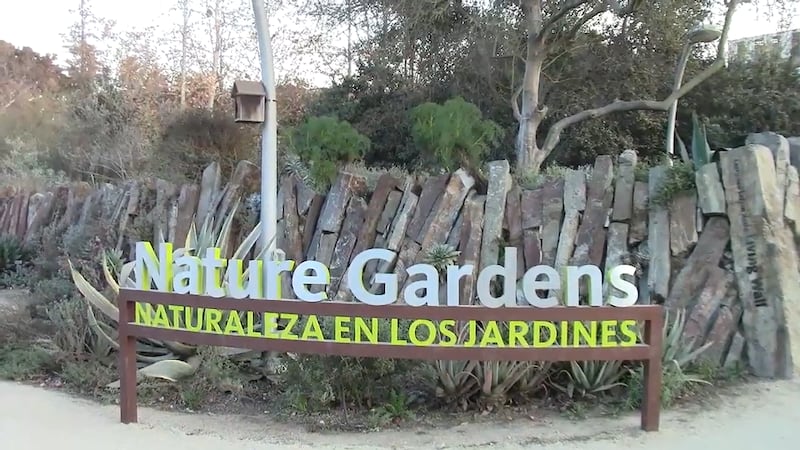
There are two staples across the street from USC: the California Science Center and the Natural History Museum of Los Angeles County (NHMLAC). An affordable and accessible place, the NHMLAC provides plenty of opportunities to experience and learn more about wildlife in an interactive way. From the Nature Gardens which house 600 plant species to…